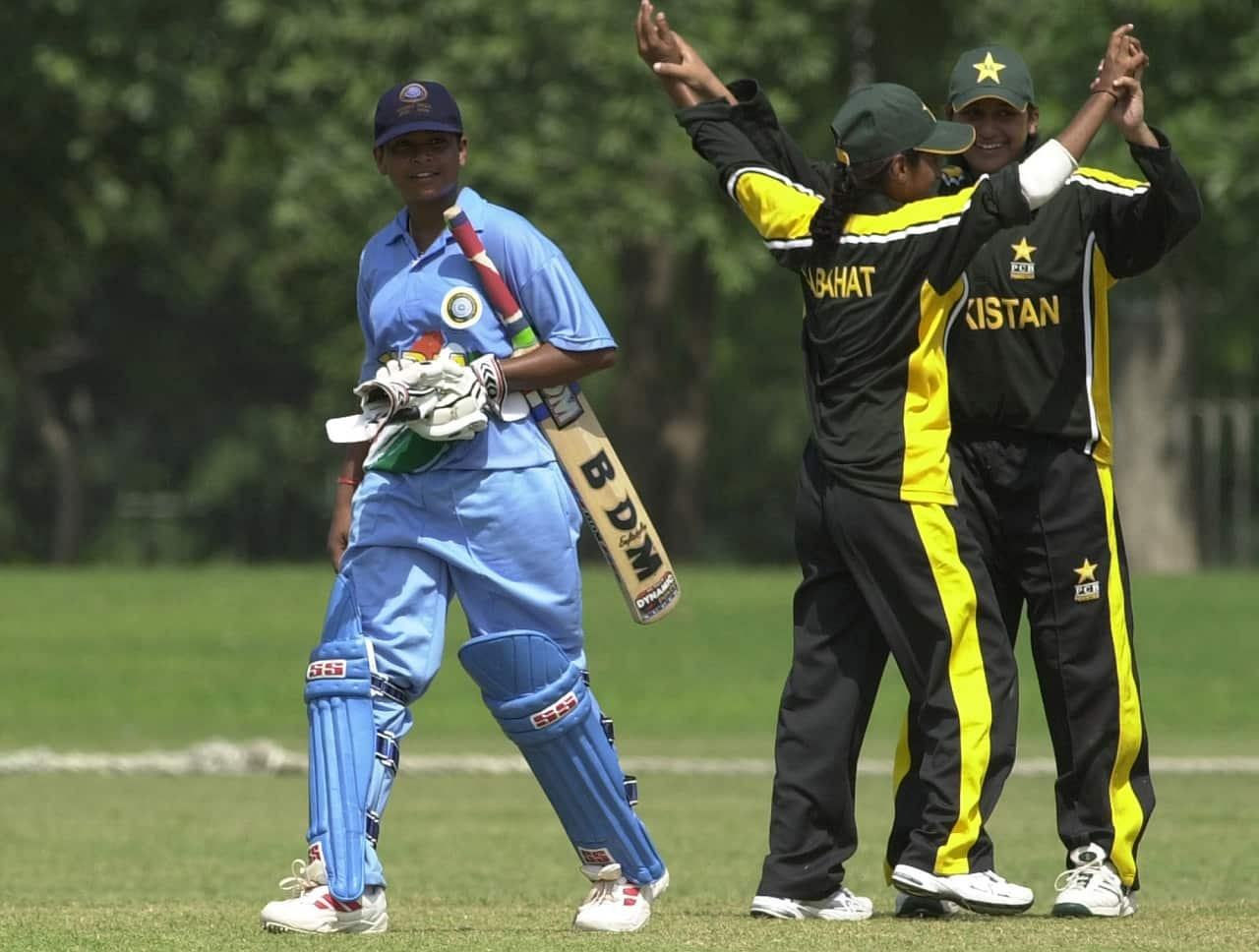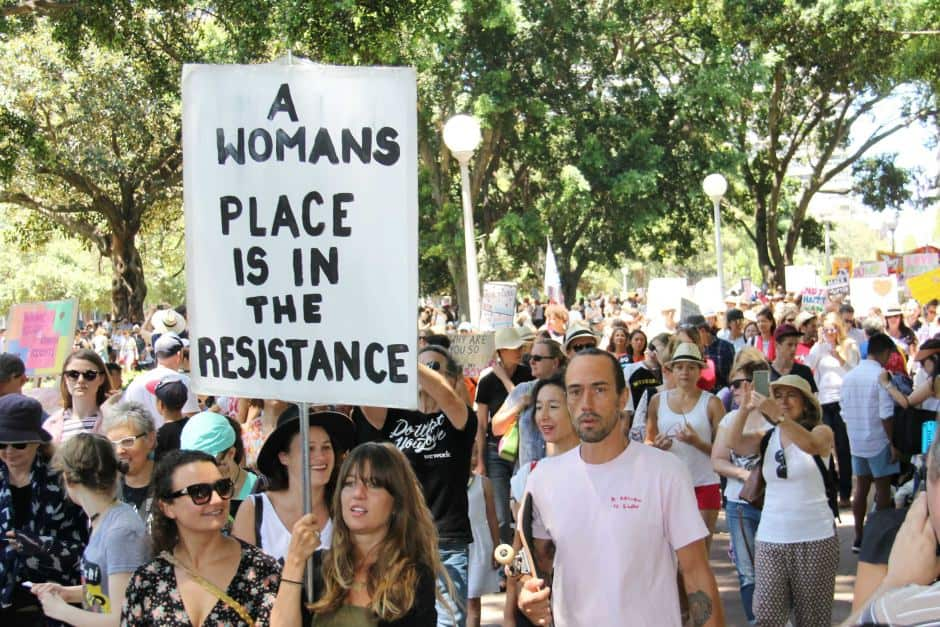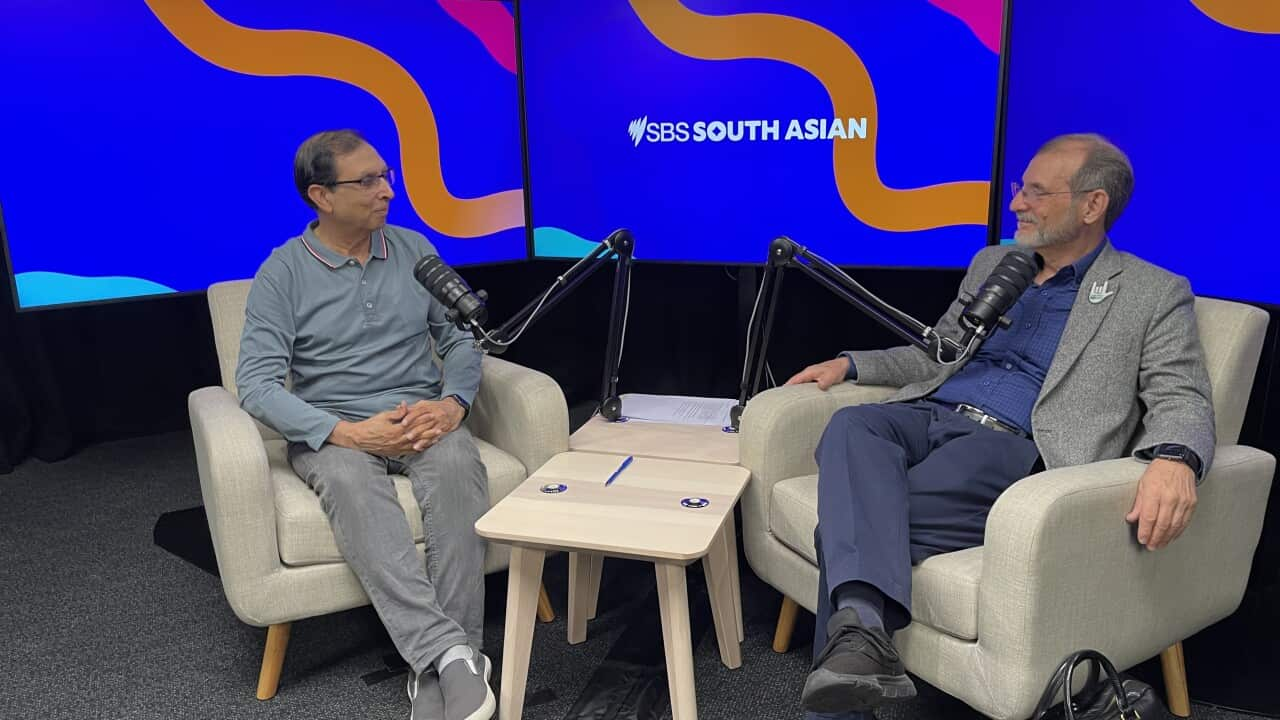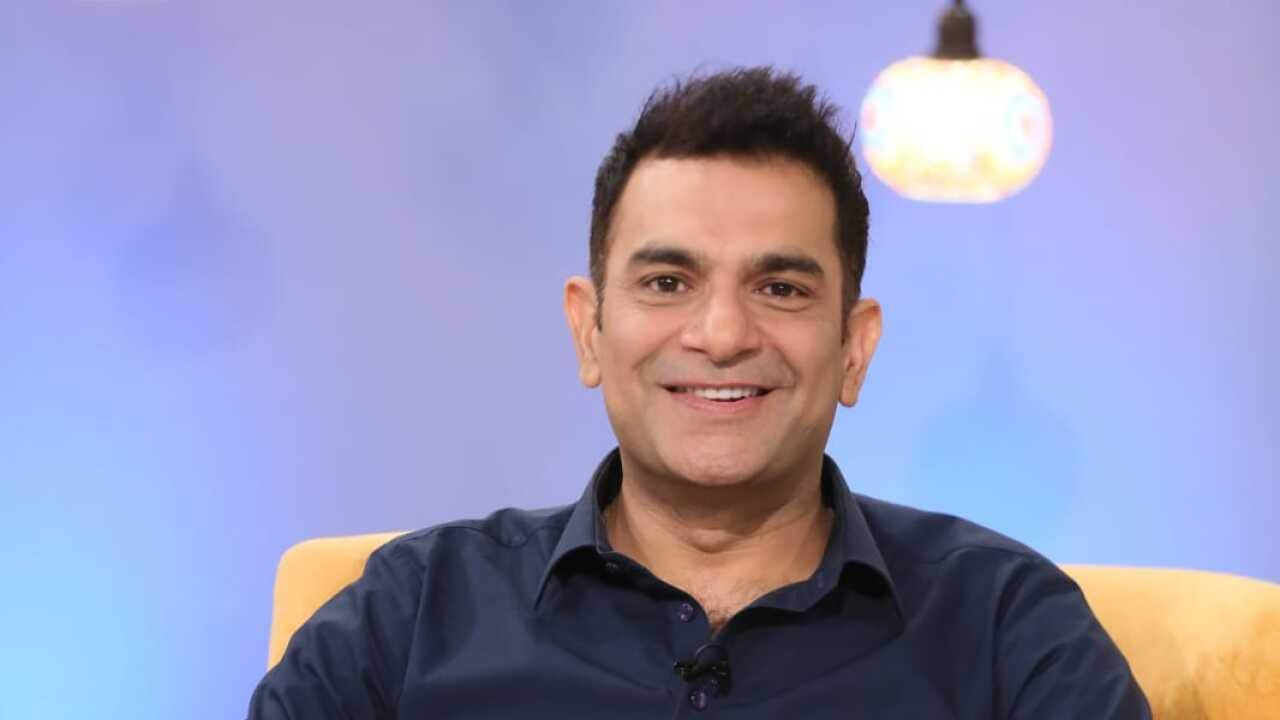Give yourself one point for each name you know already.
Sorghaghtani Beki, Genghis Khan’s daughter-in-law, who became the most powerful Mongol woman leader; Margaret Thatcher, the first female to hold a prime-ministerial position in Britain; Benazir Bhutto, the first ever female prime minister of an Islamic country; Indira Gandhi, the first and, to date, the only female prime minister of India; Emmeline Pankhurst, the leader of the British suffragette movement who helped women win the right to vote; Hatshepsut, the strongest Pharaoh in the history of Egyptian Dynasty; and former President of the Philippines, Corazon Aquino, who is widely accredited as the "Mother of Asian Democracy”.

In 2014, International cricket superstar Shahid Khan Afridi’s response to a question about the Pakistani women's cricket team raised many eyebrows and he received immense criticism for it. He had said that a woman’s place was in the kitchen, implying that sports and other field matters were simply a male’s domain.
Fours years later, Pakistani women in Australia are still struggling in making their view and opinion about politics count, frequently getting comments about women’s disinterest in and lack of awareness about politics. So is women’s disinterest in politics and lack of political views a myth or reality?
“We need to look at ground realities, not at what a patriarchal society misleads us into" Prof Khushboo Ejaz, Pakistani political scientist
Professor Khushboo Ejaz, a Pakistani political scientist, says women are excelling in various fields.
“We need to look at ground realities, not at what a patriarchal society misleads us into.”
She mentions women like Pakistani Human Rights Minister Shireen Mazari and Russian Higher Civil Award recipient Senator Sehar Kamran, who is working on Pakistan-Russia political relations.
“How can you not be aware of what is happening around and how do you not care about the effects on your daily lives?” Salma asks.
For Sydney-based Salma Talib, there’s the concern surrounging stereotypes of women and politics. She says she has noticed a general lack of political awareness in the youth and that shocks and worries her.
“How can you not be aware of what is happening around and how do you not care about the effects on your daily lives?” she asks.

As a child, she remembers the elders of her family would always prefer switching to news and current affairs shows than entertainment.
“We lived in the UK and so everyone in the family wanted to stay in touch with Pakistani politics. The uncles and aunts would always put the news on TV. Now, I have become that aunty who always switches news and current affairs and make all the kids watch too,” she says with a laugh.
Salma would also translate Urdu news into English for non-native Urdu friends of the family who could not understand the language.
Zainab Afzal, a Melbourne-based professional photographer, says her interest in politics is inevitable.
“Even kids these days are aware of what is happening around the world, why not us?”
She says it is because of the social media movement over the last decade.
“Even kids these days are aware of what is happening around the world, why not us?”
“Staying well informed is important. Politics and political decisions have an impact on our daily lives. Even at family dinners, every one you meet is talking about politics, corruption and accountability. It’s a great change."
Both Zainab and Salma strongly believe that women are very much interested in politics and possess strong knowledge and opinion in this matter, both in Pakistan and Australia.




